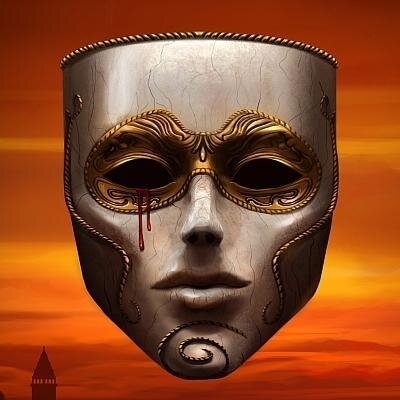 A search of its archives results in this compelling December 2017 article from The Atlantic on the potential influence of Amar Chitra Katha (ACK) on cultural intolerance:
A search of its archives results in this compelling December 2017 article from The Atlantic on the potential influence of Amar Chitra Katha (ACK) on cultural intolerance:
[…S]ince its debut in 1967, ACK has also helped supply impressionable generations of middle-class children a vision of “immortal” Indian identity wedded to prejudiced norms. ACK’s writing and illustrative team led by [Anant] Pai as the primary “storyteller”) constructed a legendary past for India by tying masculinity, Hinduism, fair skin, and high caste to authority, excellence, and virtue. On top of that, his comics often erased non-Hindu subjects from India’s historic and religious fabric. Consequently, ACK reinforced many of the most problematic tenets of Hindu nationalism—tenets that partially drive the platform of India’s ruling Bharatiya Janata Party, currently under fire domestically and internationally for policies and rhetoric targeting religious minorities and lower castes.
Atlantic contributor Shaan Amin also notes the normative beauty standards that ACK tacitly endorses along with class distinctions.
Yet, concludes Amin, the curative here might be as parents discussing the comics with their children and questioning these issues: rather than modify or condemn ACK, a push for early critical reading and inquiry may be the best solution…as could be the case with so many products of popular culture and/or religion.


